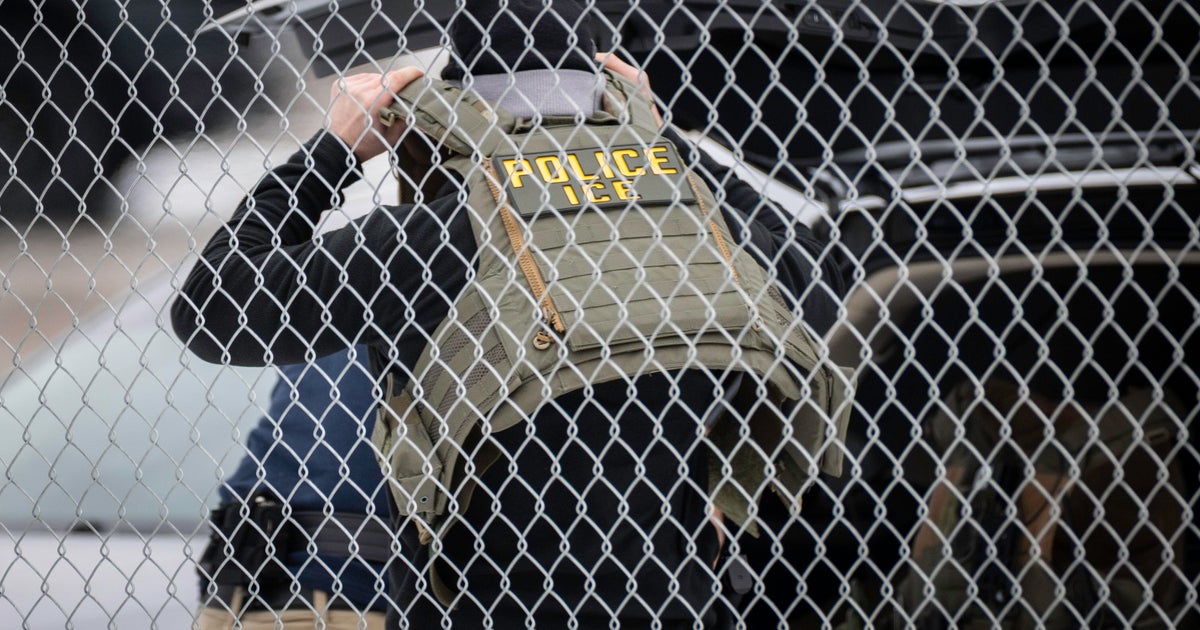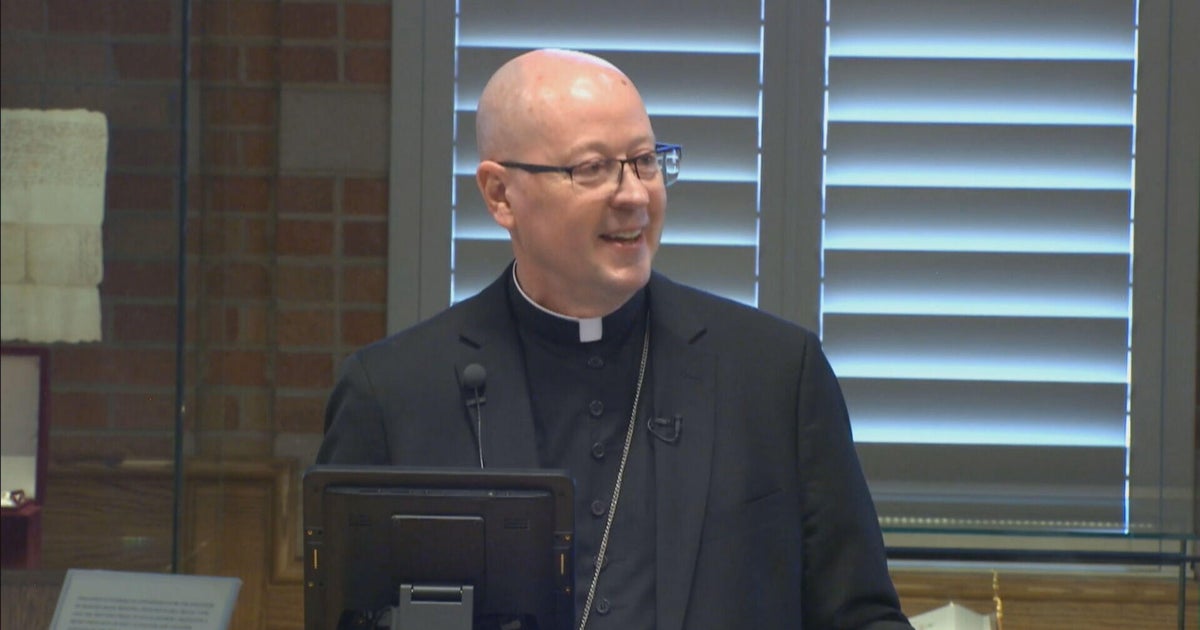Most Famous Minnesotans
William & Charles Mayo (b. 1861 and 1865)
These brothers from Le Sueur, themselves sons of esteemed doctor and British expat William Worrall Mayo, co-founded the Rochester clinic that bears their namesake, which is now known worldwide for its advances in medical practice and research. It is frequently ranked as one of the best (if not the best) hospitals in the country.
Sinclair Lewis (b. 1885)
The first American to be awarded the Nobel Prize for literature, Sinclair Lewis's work, most notably his breakout blockbuster novel Main Street, deals with small town American life just as the country began its drive toward urbanism. Main Street was set in "Gopher Prairie," which everyone knew to be synonymous with his hometown of Sauk Centre.
F. Scott Fitzgerald (b. 1896)
If the Nobel Prize ensured Sinclair Lewis his place as Minnesota's first world-class author, St. Paul's F. Scott Fitzgerald proved no slouch. His jazz-age The Great Gatsby, one of the quintessential portraits of hubris, is regarded by literary critics as being about as close as any book in the 20th century to earning the title of "Great American Novel."
Judy Garland (b. 1922)
C'mon, get happy! The life and times of Grand Rapids' Frances Gumm are the stuff of Hollywood legend. That's for better (The Wizard of Oz, A Star is Born) and, unfortunately, worse (pretty much everything in her life that happened behind the cameras, including her addiction to prescription medication and her increasingly tarnished reputation as temperamental and difficult).
Charles Schulz (b. 1922)
The American comic strip came into its own as a viable, if pithy, art form thanks to Minneapolis-born Charles Schulz's "Peanuts," a wry and (in its early years) surprisingly fatalistic hybrid of existential philosophy and "Our Gang" shorts. If you can peer beyond the army of theme-painted chest-high statues littered throughout the Twin Cities, you'll see some the first and finest skepticism to ever pepper the Sunday funnies.
Walter Mondale (b. 1928)
Ceylon-native Walter Mondale's political career is inexorably tied in with fellow vice president Hubert Humphrey III's own political career. Mondale began by helping organize Humphrey's senate campaign. When Humphrey vacated that senate seat to serve as vice president under Lyndon B. Johnson, Mondale was appointed his senate seat. Eventually, Jimmy Carter would select Mondale as his running mate. Finally, both Mondale and Humphrey ended up losing presidential bids -- Humphrey to Richard Nixon in 1968, and Mondale to Ronald Reagan in 1984.
Roger Maris (b. 1934, Hibbing)
There are a few local baseball players that would unquestionably merit inclusion in this list, but not many whose fame spread across the nation quite as acutely as the hype surrounding Roger Maris in 1961. As a member of the New York Yankees (I know ... Boo! Hiss! But it was a different team then), Maris and teammate Mickey Mantle spent the year trying to break Babe Ruth's single-season home run record of 60. In the end, Maris came out on top, and not to the delight of native New Yorkers. (Incidentally, 1961 was also the year the Washington Senators moved to Minnesota and became the Twins.)
Bob Dylan (b. 1941, Duluth)
Almost no one in the annals of rock history casts so imposing a shadow as Duluth-born Bob Dylan, whose socially-conscious lyrics, trend-setting switch over from acoustic to electric, and uniquely adenoidal vocal delivery have earned him every accolade in the book. OK, so not everyone can stand his music. Has there ever been a master in any artistic field who didn't invoke wildly divergent reactions?
Joel & Ethan Coen (b. 1954 and 1957, St. Louis Park)
Speaking of polarizing reactions, you know St. Louis Park natives Joel and Ethan Coen have struck a nerve when Minnesotans can't quite tell if the homegrown portraiture in Fargo and A Serious Man (best picture Oscar nominees both) is meant as a tribute or a slap in the face. Few film directors working today have amassed bodies of work anywhere near as prodigious and varied as the Coens, and even fewer have more successfully straddled the lines between the art house and the multiplex.
Prince (b. 1958, Minneapolis)
Why you wanna treat him so bad? Sure, Prince's career has been pockmarked by an endless string of unfortunate PR moves and uneven albums, but Prince helped define an entirely new music genre in the 1980s, one which synthesized punk, funk, pop, soul, dance, music, sex and romance. His string of hits (spanning from "I Wanna Be Your Lover" and "1999" through "Let's Go Crazy," "U Got the Look" and "Kiss") is still just about unparalleled among pop musicians. Because of Prince, there was "the Minneapolis sound."
Eric Henderson is a web producer at WCCO.COM.







